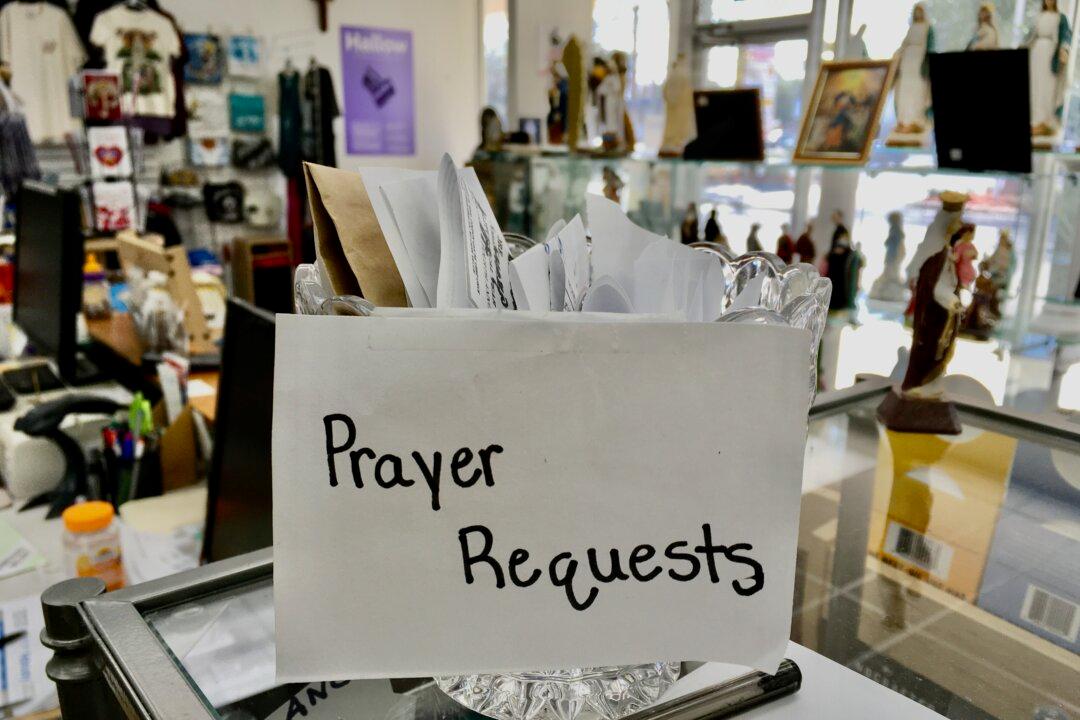A Catholic bookstore owner is battling her Florida city in federal court over a local ordinance requiring the use of others’ “preferred pronouns” in her store, something she believes is a violation of her constitutional rights.
Christie DeTrude owns and operates the Queen of Angels Catholic Store in Jacksonville. She wants her business to serve as both a “living example” and an educational resource for people interested in the Catholic faith.





